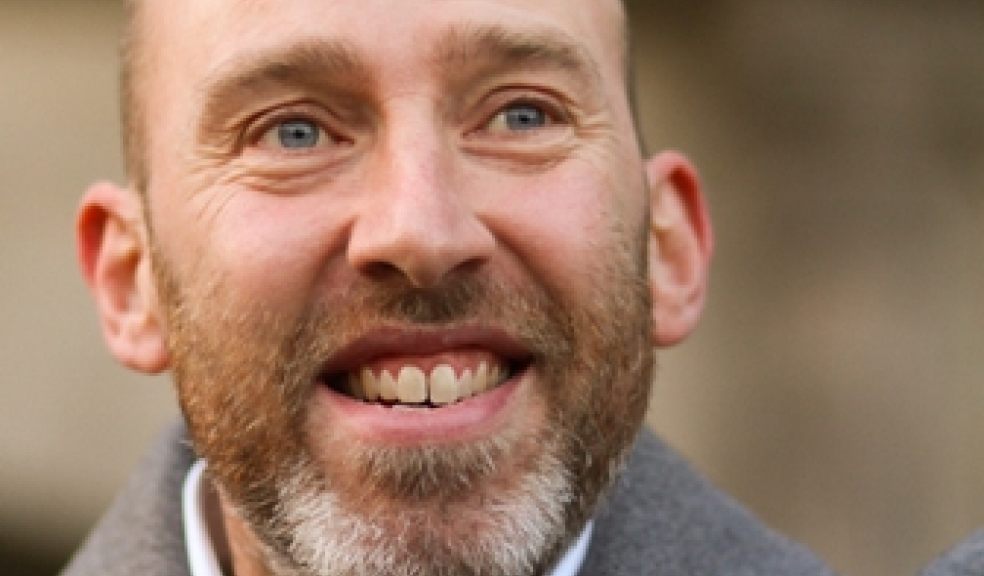
Exeter historian's role in BBC documentary
The final episode of a three-part BBC 2 TV drama-documentary series Armada: 12 years to save England - Endgame will feature a University of Exeter medical historian on Sunday 7 June at 9pm.
Dr Alun Withey will share his knowledge about the role of the barber surgeon on board ship and the sorts of things he had to treat in battle and the sorts of instruments he used.
Elizabeth I played by Anita Dobson shows the monarch as politically astute and presenter Dan Snow takes to the sea to tell the story of how England came within a whisker of disaster in summer 1588. He explores newly discovered documents that reveal a remarkable web of misunderstandings that stopped the Spanish from invading, and show how the English victory forged the reputation of Elizabeth.
Dr Withey was interviewed about what surgery would have been like, and what injuries sailors might have suffered in the 16th century. He was filmed in the Glastonbury Tribunal a 15th century as a merchant's house at a table full of contemporary surgical instruments, from amputation knives and saws to razors. This was a time when wounds were dressed, bullets and splinters dug out, cuts sewn up and even limbs amputated with the patient fully awake and conscious.
The role of the ship’s surgeon was multifaceted, Dr Withey said: “The ship's surgeon had to cope with cramped conditions, little light and the mess and gore of maimed bodies, all in the heat of battle and in a rolling ship. Injuries could range from small cuts and lacerations to wooden splinters flying around as cannonballs smashed into the sides of the ship, to the massive trauma injuries caused by bullet, shot and cannon.”
He added: “Even on routine duty a ship was full of danger; trips and falls in heavy seas could lead to broken bones. Sailors suffered from hernias from heavy lifting of ropes and anchor chains. One other by-product of the sailors' travels was the picking up of venereal diseases in ports.”













